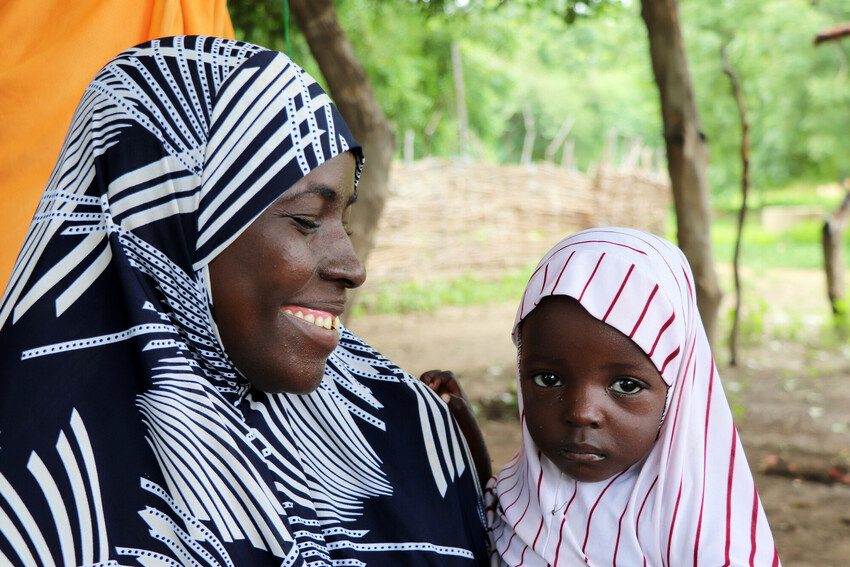Landmark study shows global gains for girls, but threats to progress loom
Groundbreaking research from Plan International has documented girls from birth for eighteen years, giving fascinating insights.
Parents and caregivers are children’s first and most important teachers. The care they provide determines much of what their children will become.

Although most families want the best for their children, many face circumstances outside of their control that affect their ability to care for their children as they would like.
Research from 197 countries by Unicef and Countdown to 2030 shows that only a small proportion of parents can provide their young children with opportunities for play, early learning, an adequate diet and protection from violent discipline or neglect.
Our experience and research show a strong link between the parenting of young children and gender inequality.
In many communities, women are almost exclusively responsible for bringing up and caring for their children. They have limited opportunities to make choices for themselves and their children, leading to poor physical and mental health. This negatively impacts the care they can provide for their children and can reinforce limiting and discriminatory stereotypes about the role and value of women in families and society.
Gender discrimination affects girls’ rights from birth as boys often receive preferential treatment and care. Girls and boys are prepared for and taught to behave in ways that are expected and socially accepted for their gender. This limits girls’ opportunities to realise their rights and potential and can set boys up to have harmful ideas about gender and how to treat girls and women.
Plan International is committed to promoting gender equality and ensuring girls have an equal and fair start to life. We proactively work alongside fathers and other male caregivers so they share childcare responsibilities, domestic chores and support the mother’s health and wellbeing. We also support them to understand the importance of providing equal care and opportunities for their girls and boys.
Dinh, a mother of 2 from Vietnam, is supporting her children to get the best possible start in life after attending parenting groups.
Plan International supports male and female parents and caregivers to understand the importance of children’s early years. Our work strengthens their skills to provide nurturing care and manage the stress they experience. When parents and caregivers gain the confidence and skills to improve the lives of young children and care for each other, they make their community a better place for all children.
Our parenting work builds on what parents already know and do well and is adapted to local cultures and contexts. It encompasses all aspects of nurturing care including health, nutrition, protection from violence and accidents, love and responsiveness, play and early learning. We also create opportunities for parents and caregivers to learn from one another and promote positive parenting skills in their communities.
Fathers’ clubs are supporting Ugandan men like father of 11, John, to discuss issues they face and become better parents and partners.